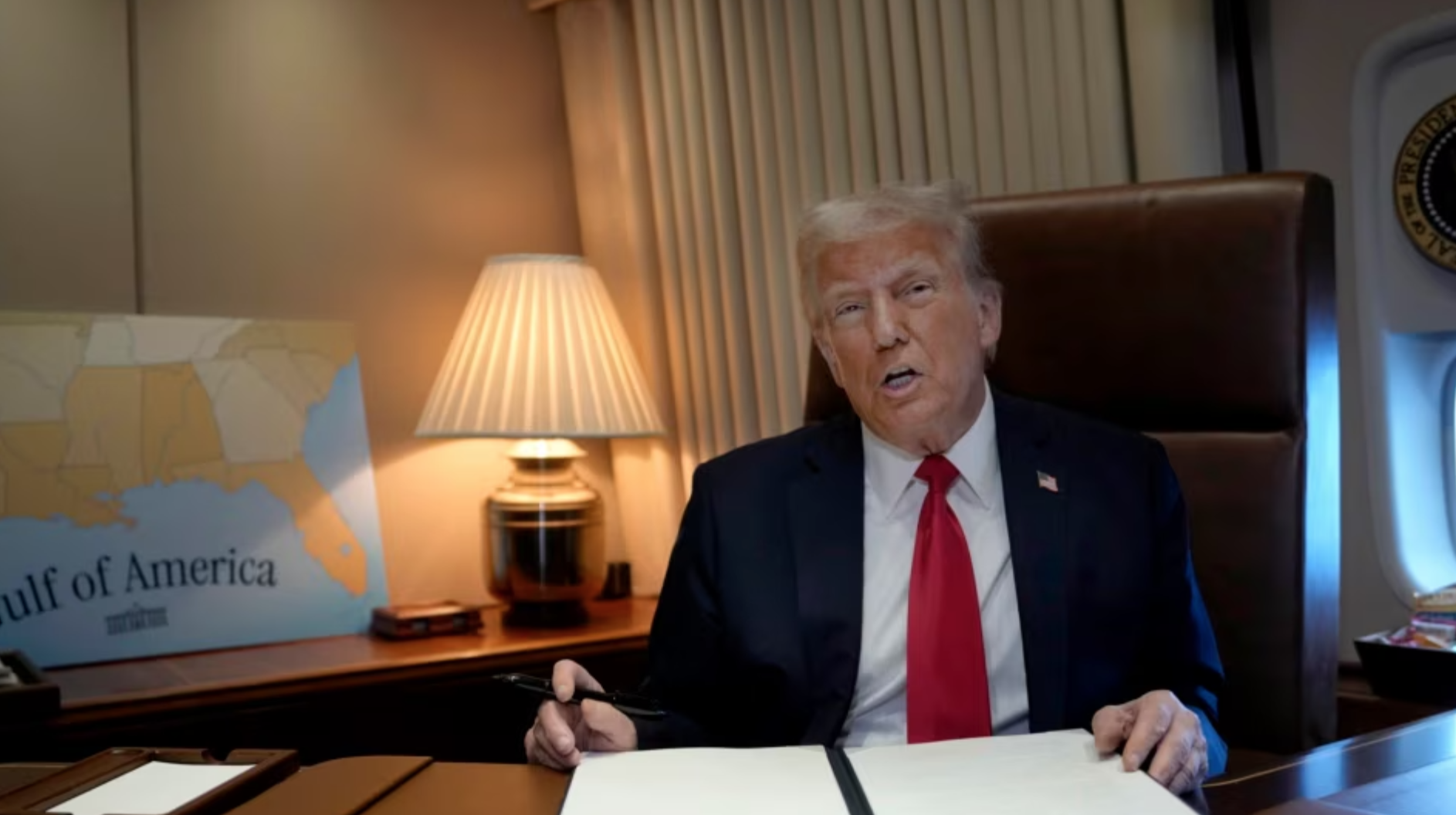Donald Trump Photo: AP
US President Donald Trump has raised concerns among allies by questioning the United States’ commitment under Article 5 of the North Atlantic Treaty, which provides for collective defence in the event of an attack on a NATO member state.
“It depends on your definition,” Trump said, answering questions from journalists on board Air Force One on his way to the NATO summit in The Hague, Bloomberg reports.
“There are many definitions of Article 5. You know that, don’t you?” the US president said, avoiding a direct answer as to whether the US would support its allies in the event of aggression.
When asked to clarify his position, Trump diplomatically refused:
“I’ll give you the exact definition when I get there. I just don’t want to do it in the back of the plane,” he added.
NATO Article 5 – the basis for collective security
Article 5 has been a cornerstone of the North Atlantic Alliance since its creation in 1949. It stipulates that an armed attack on one of NATO’s members will be treated as an attack on all. For the first time in the Alliance’s history, this clause was activated after the 11 September 2001 terrorist attacks in the United States.
Undermining its authority by the US president could have profound geopolitical consequences, especially against the backdrop of growing Russian aggression and global instability.
World reaction: alarm among allies
Although Trump stressed that he wanted to be a “friend” to allies and “committed to life and security”, the vagueness of his remarks caused alarm in European capitals, especially in countries bordering Russia.
Analysts believe that such rhetoric may be a signal to NATO member states to step up defence spending and prepare for greater autonomy in military matters.
This is not the first time that Donald Trump has shown scepticism about NATO. During his previous presidential term, he repeatedly criticised allies for “not contributing enough” to the Alliance’s defence budget and hinted at the possibility of reconsidering the US role.

















